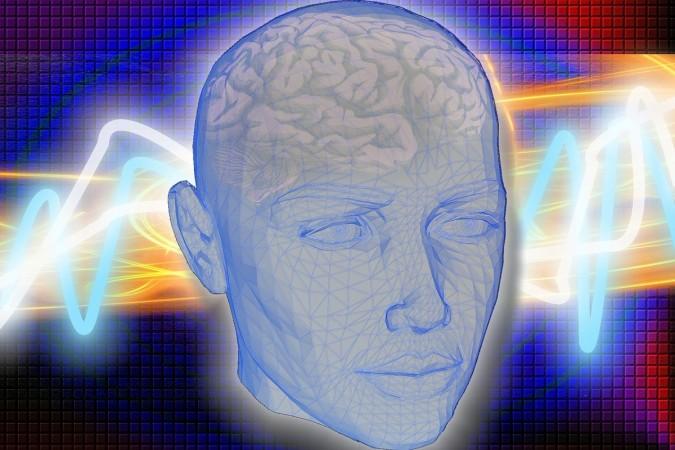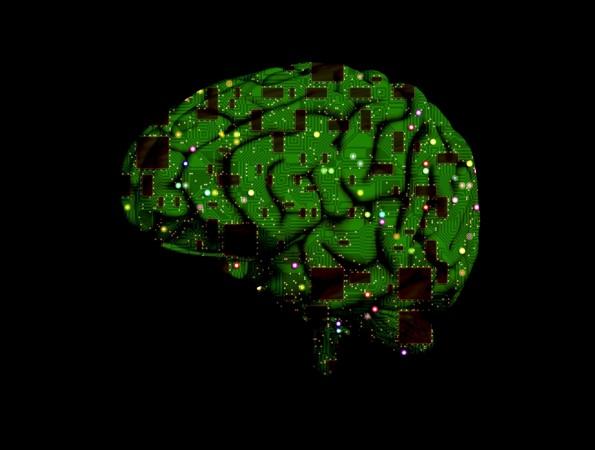
Artificial Intelligence-based microchips could soon be implanted into human brains to create a new breed of superhumans with an extraordinary ability to communicate even in complete silence.
These AI brain chips will facilitate some kind of a "brain-computer interface", allowing people to communicate via telepathy and solve complex problems in no time. According to some experts, implanting an AI chip into human brains could be possible as early as within 15 years.
Some of the remarkable abilities of the so-called superhumans will be to buy and delete memories after being implanted with the microchips, Bryan Johnson, whose company Kernel is developing brain microchips, reportedly said at a summit in Lisbon.
"I would expect in around 15-20 years we will have a sufficiently robust set of tools for the brain that we could pose any question we wanted," Johnson said. "For example, could I have a perfect memory? Could I delete my memories? Could I increase my rate of learning, could I have brain to brain communication?"
While Katie Collins of Cnet said that the technology will allow humans to communicate telepathically, Johnson said that such a device will be "democratised, like smartphones" to make them available for even the poor section of the society.

Kernel is said to be currently working on prototypes of an AI brain chip for medical use in humans. Before developing it for healthy people, the device is expected to be used in people with diseases like Alzheimer's to improve their memory.
However, Mikhail Lebedev, a senior neuroscientist at Duke University in Durham, North Carolina, reportedly said that the AI-based brain chips could be disastrous for humans as they could "evolve" humanity into a "community of zombies."
According to Lebedev, implanting AI chips into brains could eventually lead to a point when humans and robots will be indistinguishable from one another, with the later taking on or imitating human consciousness.
Despite all these concerns, AI-based brain chips are indeed getting developed. It was recently reported that even the Pentagon's Defense Advanced Research Projects Agency (DARPA) was funding researchers to work on "mind control" chips that use AI algorithms to detect mood disorders and deliver electric shocks to jolt a person's brain back to a healthy state automatically.








